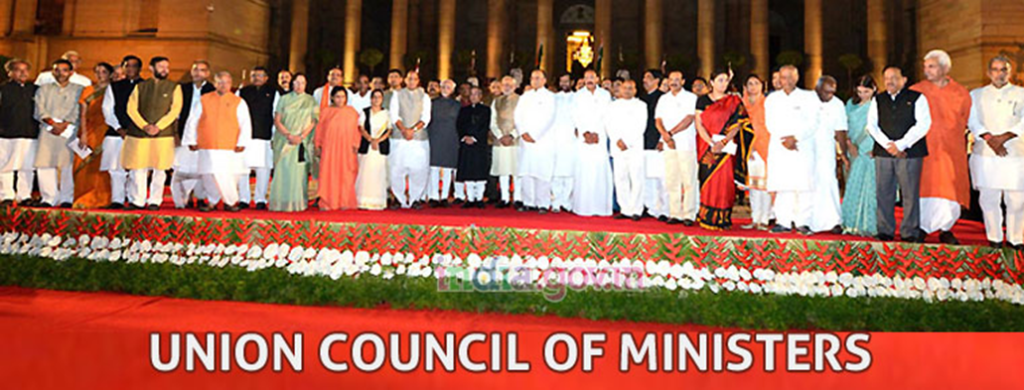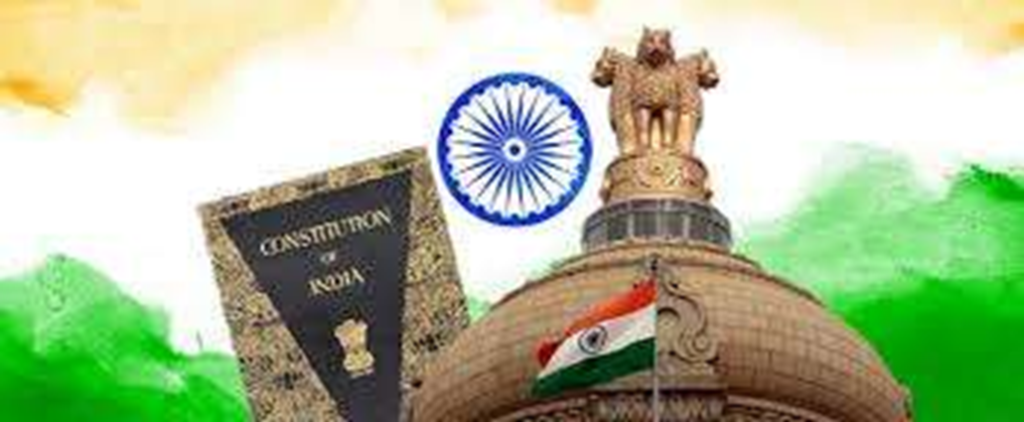President Droupadi Murmu has sent a 14-point Presidential Reference to the Supreme Court for its opinion on some of its own powers. The Reference concerns the apex court’s landmark judgment in State of Tamil Nadu vs Governor of Tamil Nadu, in which the Supreme Court set timelines for the president to act as per Article 201 of the constitution on the Bills which a governor has reserved for her assent. The Supreme Court had said that Tamil Nadu governor R.N. Ravi’s move to reserve 10 Bills for the president’s assent was illegal.
President Murmu Sends 14 Key Questions To Supreme Court
Why In News
- President Droupadi Murmu has sent a 14-point Presidential Reference to the Supreme Court for its opinion on some of its own powers. The Reference concerns the apex court’s landmark judgment in State of Tamil Nadu vs Governor of Tamil Nadu, in which the Supreme Court set timelines for the president to act as per Article 201 of the constitution on the Bills which a governor has reserved for her assent. The Supreme Court had said that Tamil Nadu governor R.N. Ravi’s move to reserve 10 Bills for the president’s assent was illegal.
All You Need To Know
- In the Presidential Reference, which reports say was sent on May 13, Murmu asks whether the court can use its powers under Article 143 to “impose” timelines and prescribe how the president and governors should act while considering Bills sent to them for assent.
- The President’s Reference also mentions that there are conflicting judgments of the Supreme Court on whether the assent of the president under Article 201 is even justifiable.
Listed 14 Questions
- What are the constitutional options before a Governor when a Bill is presented to him under Article 200 of the Constitution of India?
- Is the Governor bound by the aid & advice tendered by the Council of Ministers while exercising all the options available with him when a Bill is presented before him under Article 200 of the Constitution of India?
- Is the exercise of constitutional discretion by the Governor under Article 200 of the Constitution of India justiciable?
4 Is Article 361 of the Constitution of India an absolute bar to the judicial review in relation to the actions of a Governor under Article 200 of the Constitution of India?
5. In the absence of a constitutionally prescribed time limit, and the manner of exercise of powers by the Governor, can timelines be imposed and the manner of exercise be prescribed through judicial orders for the exercise of all powers under Article 200 of the Constitution of India by the Governor?
6. Is the exercise of constitutional discretion by the President under Article 201 of the Constitution of India justiciable?
7. In the absence of a constitutionally prescribed timeline and the manner of exercise of powers by the President, can timelines be imposed and the manner of exercise be prescribed through judicial orders for the exercise of discretion by the President under Article 201 of the Constitution of India?
8. In light of the constitutional scheme governing the powers of the President, is the President required to seek advice of the Supreme Court by way of a reference under Article 143 of the Constitution of India and take the opinion of the Supreme Court when the Governor reserves a Bill for the President’s assent or otherwise?
9. Are the decisions of the Governor and the President under Article 200 and Article 201 of the Constitution of India, respectively, justiciable at a stage anterior into the law coming into force? Is it permissible for the Courts to undertake judicial adjudication over the contents of a Bill, in any manner, before it becomes law?
10. Can the exercise of constitutional powers and the orders of/by the President / Governor be substituted in any manner under Article 142 of the Constitution of India?
11. Is a law made by the State legislature a law in force without the assent of the Governor granted under Article 200 of the Constitution of India?
12. In view of the proviso to Article 145(3) of the Constitution of India, is it not mandatory for any bench of this Hon’ble Court to first decide as to whether the question involved in the proceedings before it is of such a nature which involves substantial questions of law as to the interpretation of constitution and to refer it to a bench of minimum five Judges?
13. Do the powers of the Supreme Court under Article 142 of the Constitution of India limited to matters of procedural law or Article 142 of the Constitution of India extends to issuingdirections /passing orders which are contrary to or inconsistent with existing substantive or procedural provisions of the Constitution or law in force?
14. Does the Constitution bar any other jurisdiction of the Supreme Court to resolve disputes between the Union Government and the State Governments except by way of a suit under Article 131 of the Constitution of India?
Conclusion
- With these questions, the President seeks clarity on the constitutional boundaries of executive and judicial authority, reinforcing the need for judicial interpretation in matters of national significance. The Supreme Court will now have to set up a Constitution Bench for answering the reference of the president.













